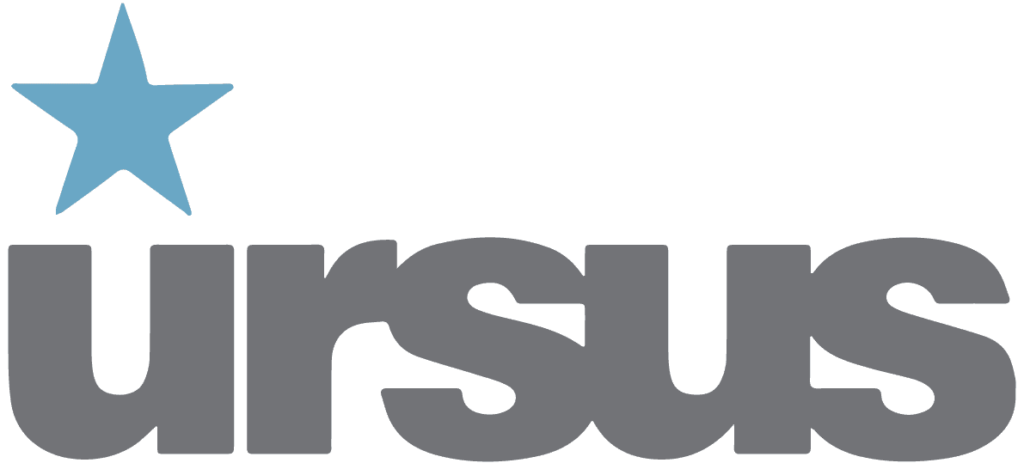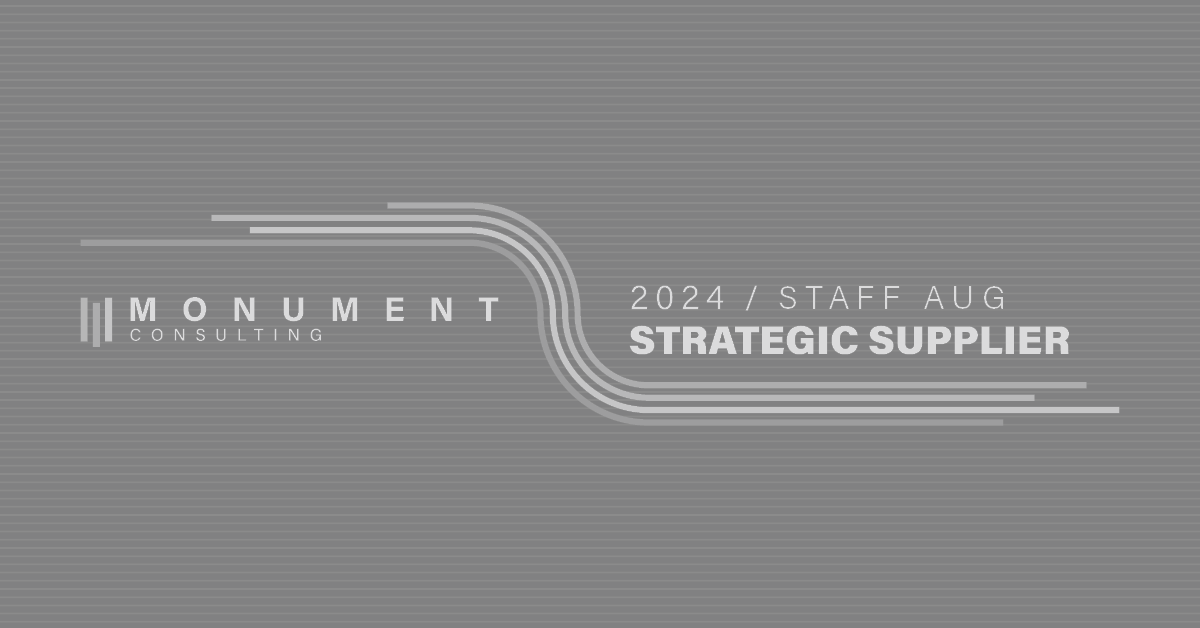Financial services businesses have undergone more change in the last three years than in the last three decades and the market is expected to accelerate for the foreseeable future. For decades the prevailing stereotype of a technology finance professional was one who was conservative to adopt new technologies, either due to internal policy or the complexity to move off of antiquated, rigid systems (yes, I’m talking about VAX systems and green screens that are still in use today) and outdated and monolithic data schemas.
FinTech, which is defined as the evolving intersection of technology and financial services, including all sorts of companies that may operate in insurance, payments, asset management, and personal finance management, demands that engineering, product, and creative design teams within financial institutions (both the incumbents, startups, and upstarts) need to respond quickly to market dynamics, underlying technical changes and improvements to their services. To accomplish this, the need for the right talent, with the right backgrounds is imperative to compete and represents massive new opportunities for software engineers.
I remember in 2009 when the personal finance site, Mint first arrived on the scene. I was taken by the ease of use, the ability to manage multiple accounts via a single pane of glass. It was a game-changer, and not surprisingly they were quickly gobbled up by Intuit for what now seems like a steal at $170M. They were the precursor to what we are witnessing today; a purpose-built architecture designed to scrape, aggregate, analyze and present financial data in engaging, even fun interfaces that appeal to the next generation of users whose default experience demands immediacy, accessibility, and “instant gratification” society that demands 100 percent functionality — no exceptions! The pandemic has accelerated the pace of innovation and investment as in-person banking (which already was on its way out) is not only inconvenient but for some deemed as dangerous.
This is not just about startup disruptor companies of which there are hundreds with billions invested. The push for innovation continues to drive change in how banks deliver services. The household big bank names are all in. JPMorgan employs over 50,000 software developers, product managers, and designers. Bank of America is the world’s largest blockchain patent holder. Increasingly, even small regional banks are partnering with fintech startups. Over the past several years, the Fintech job market has exploded from below 100,000 jobs in mid-2015 to nearly 750,000 in 2019 with 37% of these jobs’ software engineering.
Today’s fintech engineers need to have the skills to navigate problems their predecessors never had to deal with — problems like full cloud integration, rapidly changing technology, daily release schedules, remote workforces, and experience with the latest cloud and end-user security technologies. Just because the services are delivered differently doesn’t mean that security, compliance, and regulation no longer matter.
As a technology staffing focused on cloud talent and marketing/creative talent representing several established household financial clients and well-funded startups, we have reviewed thousands of resumes and know what it takes for a software engineer to rise to the top of the applicant stack. Here are the top skills you ideally have to enter into a career in the fintech industry.
Cloud Computing
Today, odds are any new application is developed, tested, and run in the cloud. Even better odds that that cloud is one of the Big 3 cloud providers, Amazon, Microsoft Azure, or Google Cloud Platform. It’s important that you know how to work with data across various remote networks, rather than data stored in one location. While certifications are not necessarily always required, they do help get you noticed, however, certification(s) without any practical experience may not get you past a first interview. Managers want to know what you’ve managed and at what scale; how many instances? Service calls? Data size? Etc. Many of the boot camps offers today teach to the test not to learn the required skills. In response to this, Ursus launched a Cloud Apprenticeship program that offers both self-paced and 1:1 instruction. For more details visit the Certify-U Cloud Apprenticeship program overview.
Microservices
For engineers, building applications used to be a matter of creating one cohesive system with many built-in components. On one hand, this made it easy for engineers to work with all of their data points under one roof. On the other hand, it made it difficult to make small changes to scale an application. Think managing an aircraft carrier versus thousands of PT boats. Today, most engineers work with microservices — stand-alone services with individual goals that all work together to build larger applications. As a successful Fintech engineer, you need to be comfortable with this multi-faceted approach.
Continuous Integration & Continuous Deployment (CICD)
Companies are shipping software today in minutes. Yeah, you read that right. Minutes. Not hours, not weeks, months, or longer. Minutes. The quarterly release schedule is dead and thus, it’s important that you know how to write code that can get to your users quickly and never lose functionality when changes are made. There are myriad CICD tools used today. Make sure you are comfortable and proficient with more than one.
Security & High Availability
In fintech when billions of dollars are being processed, it can be devastating to a business and customer with a network goes down. Remember, these companies in some form are you are dealing with what people and companies value most, their money! A data breach can be the death knell of many of these companies, especially the startups. Systems must maintain 100 percent operational if you want to be known for trusted and failure-proof technology, which means you need to know how to build and work with high availability systems and ensure that those systems are secure. The best way for fintech to safeguard its future is to keep an eye on circumstances driving its adoption, break with outdated security traditions that do not align with its trajectory, and over-engineer to prevent fraud and breach. Developers with a security background and practical experience are as valued and in demand as any.
Verbal & Written Communication Skills!
Whether you choose contract work or full-time employment the odds are high that you will need to collaborate with remote workers. The ability to communicate (verbally and written communication) remotely, work with a wide variety of people, and manage cross-country or international working relationships will make you more employable (and promotable).
For software developers, there are incredible opportunities to be part of teams contributing new ideas and services that will change the way people transact for years to come. There are numerous niches to be filled, new markets to serve and the market is hungry for new solutions to serve the market better than ever before. All of these companies’ innovators will need experienced software developers to lead them down the path to success in this new world.
After all, any new idea is only as good as its execution.
